Members
Who is part of OpenAstronomy?
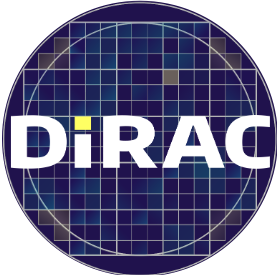
Astronomy Data Commons
is an initiative for software infrastructure for science platforms and scalable astronomy on cloud resources. Astronomy Data Commons is lead by researchers at the DiRAC Institute at the University of Washington.
astronomy-commons/
devs
matrix
astronomy-commons/
devs
matrix

Casacore
is a suite of C++ libraries for radio astronomy data processing. Casacore underlies CASA, the Common Astronomy Software Applications developed by an international consortium of scientists at various institutes. Python bindings exist in Python-casacore. Casacore also underlies other radio astronomy software such as WSClean, and LOFAR tools. Casacore is developed by the radio astro organizations around the world. It is open source and will happily merge any (good) pull requests.
casacore
casacore

ChiantiPy
is a Python interface to the CHIANTI atomic database for astrophysical spectroscopy. CHIANTI consists of a database of atomic data that can be used to interpret spectral lines and continua emitted from high-temperature, optically-thin astrophysical sources.
chianti-atomic/ChiantiPy
users
chianti-atomic/ChiantiPy
users

COIN
(COsmostatistics INitiative) is an international working group built under the auspices of the International Astrostatistics Association (IAA). It aims to create an interdisciplinary environment where collaborations between astronomers, statisticians and machine learning experts can flourish. COIN is designed to promote the development of a new family of tools for data exploration in astrophysics and cosmology.
COINtoolbox
admin (Rafael S. de Souza)
COINtoolbox
admin (Rafael S. de Souza)

CTLearn
is a package under active development that pursues the application of deep-learning based methods to the analysis of data from imaging atmospheric Cherenkov telescopes (IACTs). CTLearn includes modules for loading and manipulating IACT data and for running machine learning models using pixel-wise camera data as input. Its high-level interface provides a configuration-file-based workflow to drive reproducible training and prediction.
ctlearn-project/ctlearn
matrix
ctlearn-project/ctlearn
matrix

EinsteinPy
is a python package for solving problems in general relativity. Computations can be done for Schwarzschild, Kerr and Kerr-Newman geometries. Visualising relativistic orbits, advancement of perihelion can be simulated in seconds. See documentation for more information.
einsteinpy/einsteinpy
devs
matrix
@EinsteinPy
einsteinpy/einsteinpy
devs
matrix
@EinsteinPy
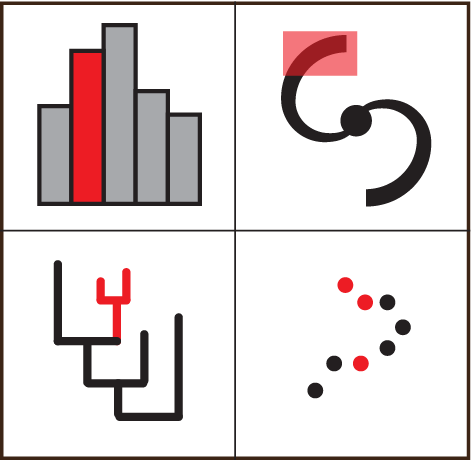
Glue
is a data visualization application and library to explore relationships within and among related datasets. Its main features include linked statistical graphs, flexible linking across data, and full Python scripting capability.
glue-viz/glue
users, devs
@glueviz
glue-viz/glue
users, devs
@glueviz

GNU Astronomy Utilities
(Gnuastro) is an official GNU package consisting of many command-line programs and library functions for the manipulation and analysis of astronomical data. All the programs share the same basic and familiar (GNU style) command-line user interface for the comfort of both the users and developers. Gnuastro is written to comply fully with the GNU coding standards so it blends nicely with all Unix-like operating systems. This also enables astronomers to expect a fully familiar experience in the source code, building, installing and command-line user interaction. Gnuastro also has a very complete book/manual, the tutorials is the best place to start using it.
 gnuastro
gnuastro
users, devs
users, devs

The Italian Mars Society
(IMS) is a non-profit organization, existing from 2004, as Italian branch of the International Mars Society, created in the USA by Robert Zubrin. IMS is a member of the Mars Society European network. The foundation scope of the Italian Mars Society is to promote research projects devoted to Mars Exploration and the involvement of SMEs and large enterprises in the new economy related to space exploration.
IMS is currently spearheading the MARS CITY project. The project aims to address the major issues that could jeopardize a crewed mission to Mars and are not adequately being addressed at existing terrestrial Mars analogs.
italianmarssociety/
admin
@marssociety
IMS is currently spearheading the MARS CITY project. The project aims to address the major issues that could jeopardize a crewed mission to Mars and are not adequately being addressed at existing terrestrial Mars analogs.
italianmarssociety/
admin
@marssociety

JuliaAstro
is an organization that shepherds the development of community astronomy and astrophysics packages for Julia. These include packages for widely used functionality such as FITS file I/O, world coordinate systems and cosmological distance calculations.
JuliaAstro
users
slack, zulip
JuliaAstro
users
slack, zulip
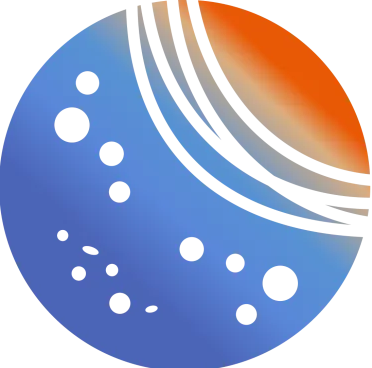
LINCC Frameworks
builds open-source tools scalable data analysis in astronomy, aimed at enabling scientific discovery with large datasets.
lincc-frameworks
slack
lincc-frameworks
slack

PlasmaPy
aims to be a collection of functionality commonly used and shared between plasma physicists and researchers globally, running within and leveraging the open source scientific Python ecosystem.
plasmapy/plasmapy
users
matrix
@plasmapy
plasmapy/plasmapy
users
matrix
@plasmapy
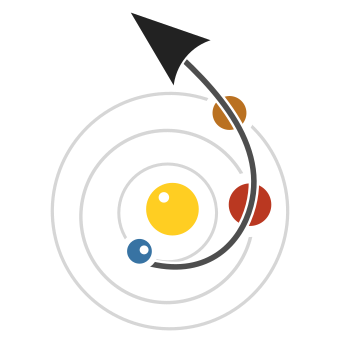
poliastro
is a python package for Astrodynamics and Orbital Mechanics problems, such as orbital elements conversion, orbital propagation, plotting, planetary ephemerides computation, and more.
poliastro/poliastro
devs
matrix
@poliastro_py @poliastro@fosstodon.org
poliastro/poliastro
devs
matrix
@poliastro_py @poliastro@fosstodon.org

radis
A fast line-by-line code for high-resolution infrared molecular spectra. RADIS can compute spectra of millions of lines within seconds. Also includes a post-processing tools to compare experimental spectra with spectra calculated in RADIS or other spectral codes.
radis/radis
users
gitter
@radis_radiation
radis/radis
users
gitter
@radis_radiation
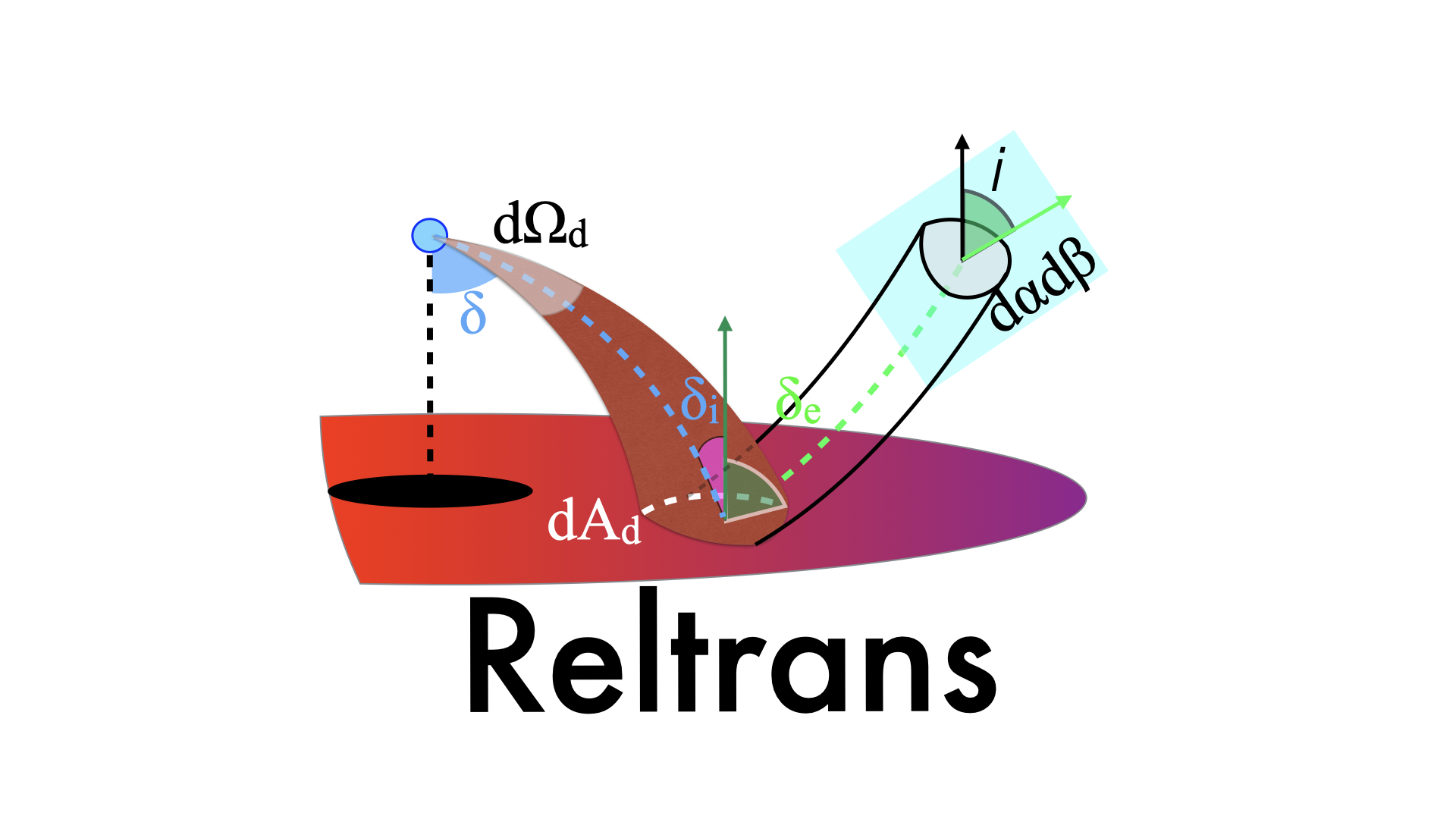
Reltrans
Reltrans (Relativistic transfer functions) is a publicly available, semi-analytical model for X-ray reverberation mapping of accreting black holes in both AGN and X-ray binaries. It can be used to compute both time-averaged spectra and energy-dependent, Fourier domain cross spectra
reltrans
slack
reltrans
slack

Sherpa
is a modeling and fitting application for Python. It contains a powerful language for combining simple models into complex expressions that can be fit to the data using a variety of statistics and optimization methods. It is easily extensible to include user models, statistics and optimization methods.
sherpa/sherpa/
sherpa/sherpa/

Stingray
: we are a team of astrophysicists and software developers working together to build a variability analysis software to study black holes and fundamental physics under extreme conditions.
StingraySoftware
slack
StingraySoftware
slack

SunPy
is a community-developed free and open-source software package for solar physics. SunPy is meant to be a free alternative to the SolarSoft and its aim is to provide the software tools necessary so that anyone can analyze solar data.
sunpy/sunpy
users, devs
matrix
@SunPyProject
sunpy/sunpy
users, devs
matrix
@SunPyProject
